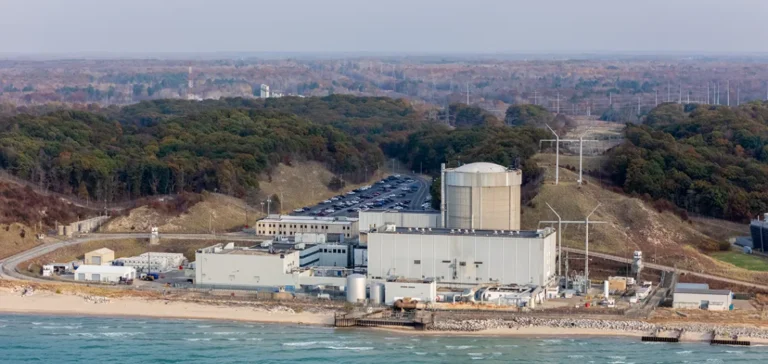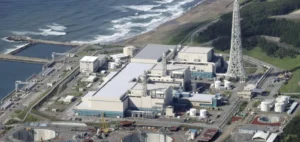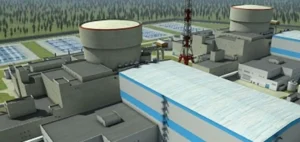The U.S. Department of Energy (DOE) has confirmed a new financial disbursement intended to relaunch operations at the Palisades Nuclear Plant. This amount of $100.45 mn is an integral part of a loan guarantee programme totaling $1.52 bn for Holtec International, aimed at restarting this previously closed facility.
Financing and relaunch strategy
Since the financial closing of the loan in September 2024, this payment is the fourth made by the DOE’s Loan Programs Office (LPO). To date, a cumulative total of $251.88 mn in federally guaranteed funds has been disbursed to Holtec International to support preliminary steps toward restarting Palisades.
U.S. Secretary of Energy Chris Wright has described this action as essential to revitalising the national nuclear industry. “Under President Trump’s leadership, the Department of Energy plays a critical role in reviving the nuclear sector in the United States. The Palisades plant will contribute to revitalising our nuclear industrial base,” said Wright.
Regulatory and environmental approval
This potential reopening remains entirely dependent on authorisations from the U.S. Nuclear Regulatory Commission (NRC). The NRC recently issued a final environmental assessment indicating no significant environmental impact from resuming operations at Palisades.
The Trump administration, through the DOE, strongly supports this reopening under Presidential Executive Order 14302, titled “Reinvigorating the Nuclear Industrial Base,” aiming to restore American competitiveness in nuclear energy.
Economic and energy outlook
The reactivation of Palisades fits within a broader economic revival of the American energy industry. According to the Department of Energy, restarting a previously closed nuclear plant represents an unprecedented event in U.S. civil nuclear history and could directly influence national industrial competitiveness and energy supply.
The loan granted to Holtec is structured through phased disbursements conditioned upon specific milestones. This funding model allows the U.S. government to closely monitor project progress and ensure adherence to technical and environmental commitments before the effective reactivation of the nuclear facility.






















